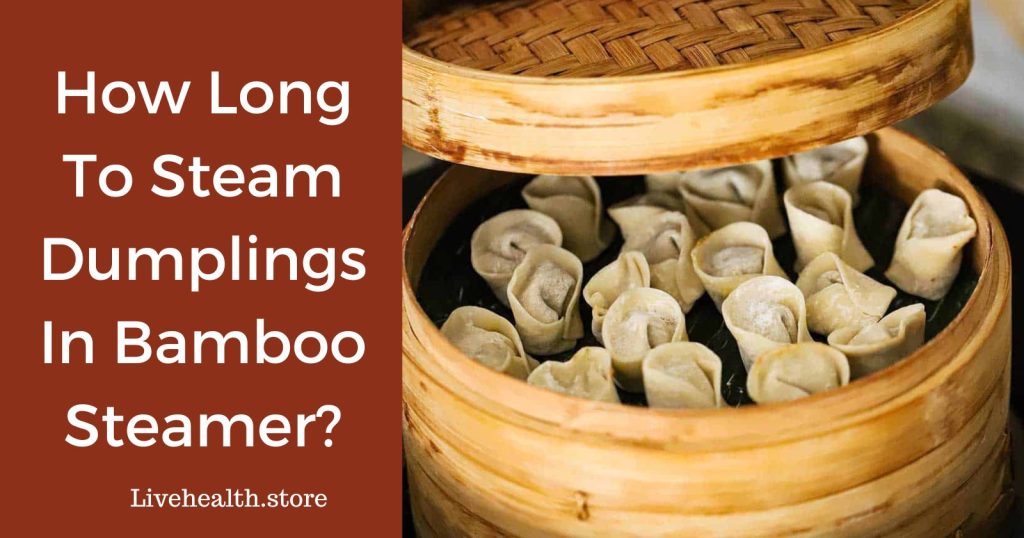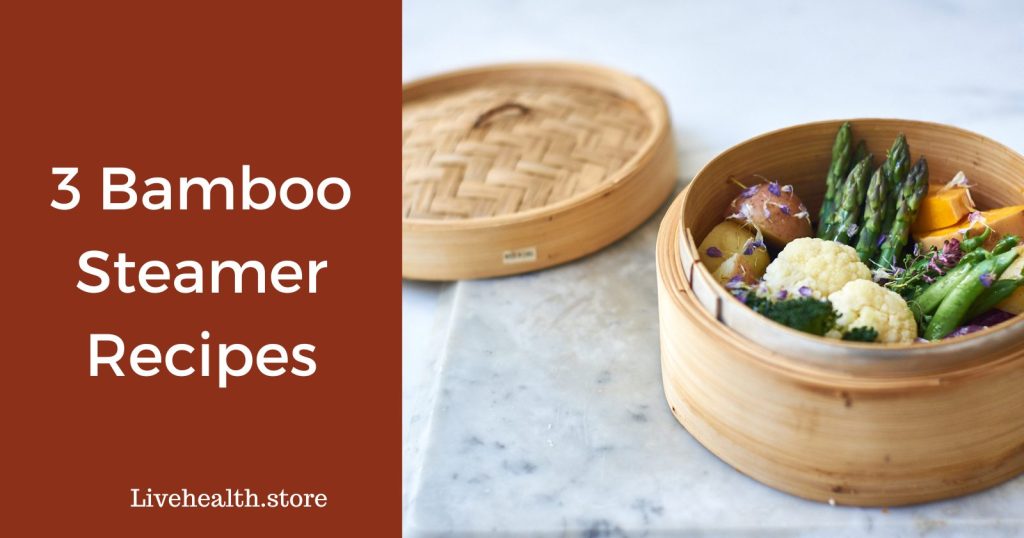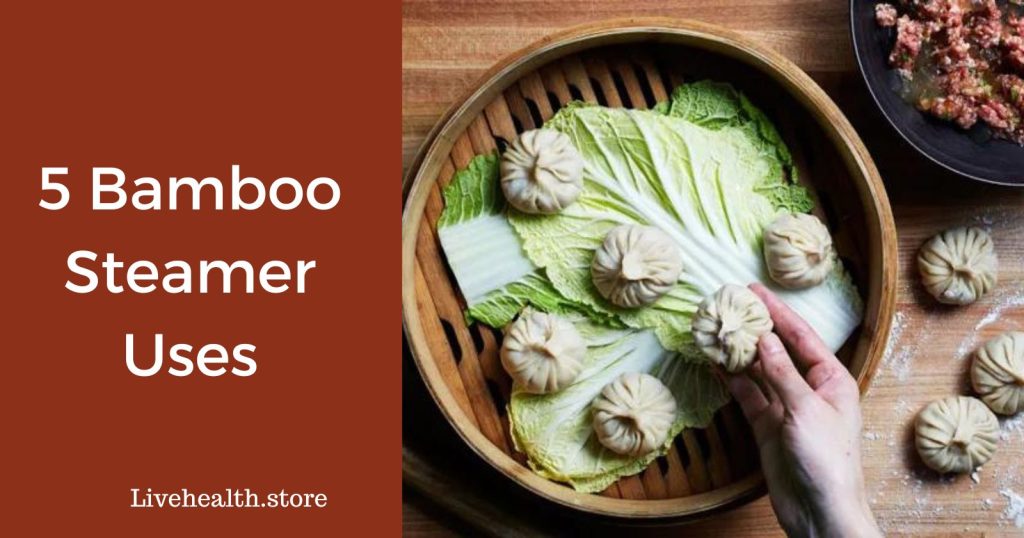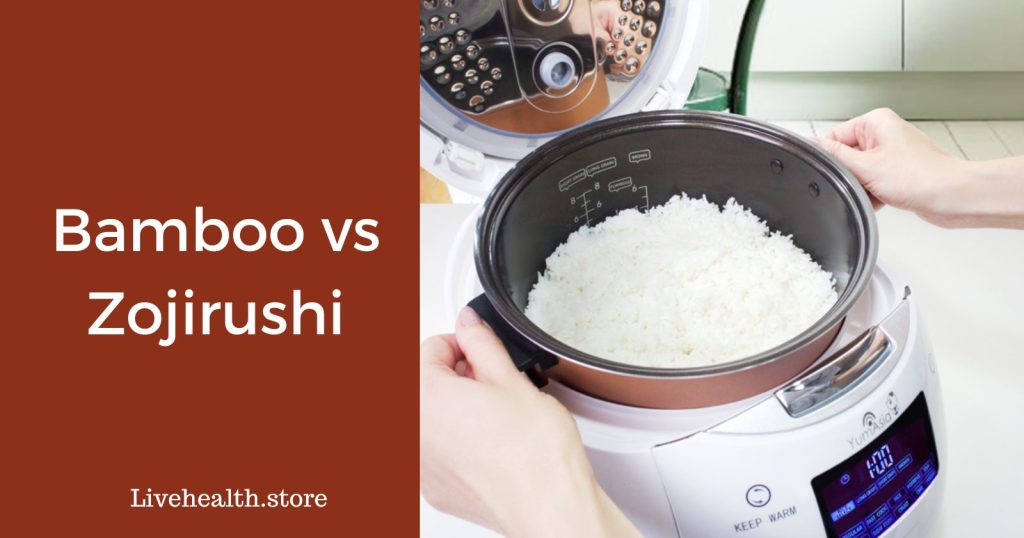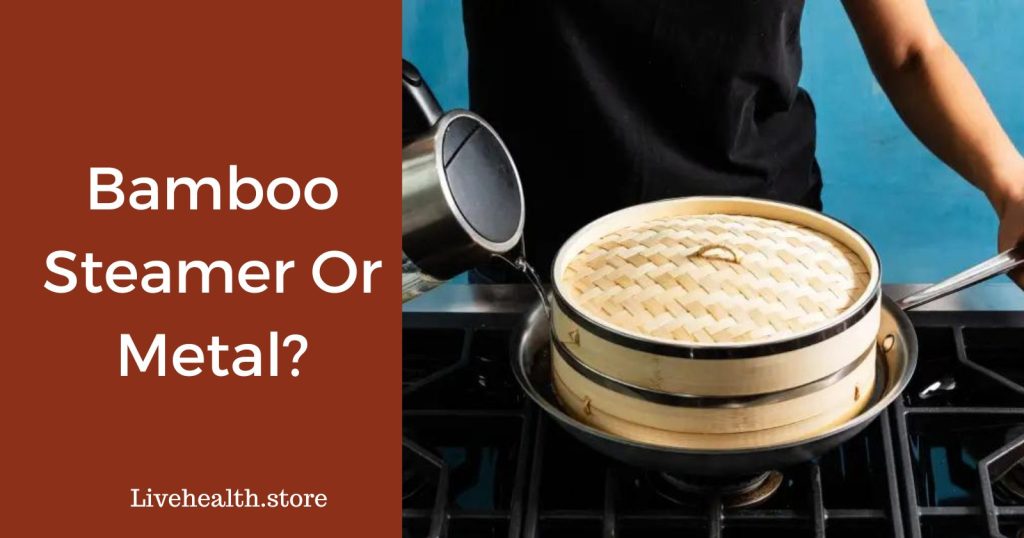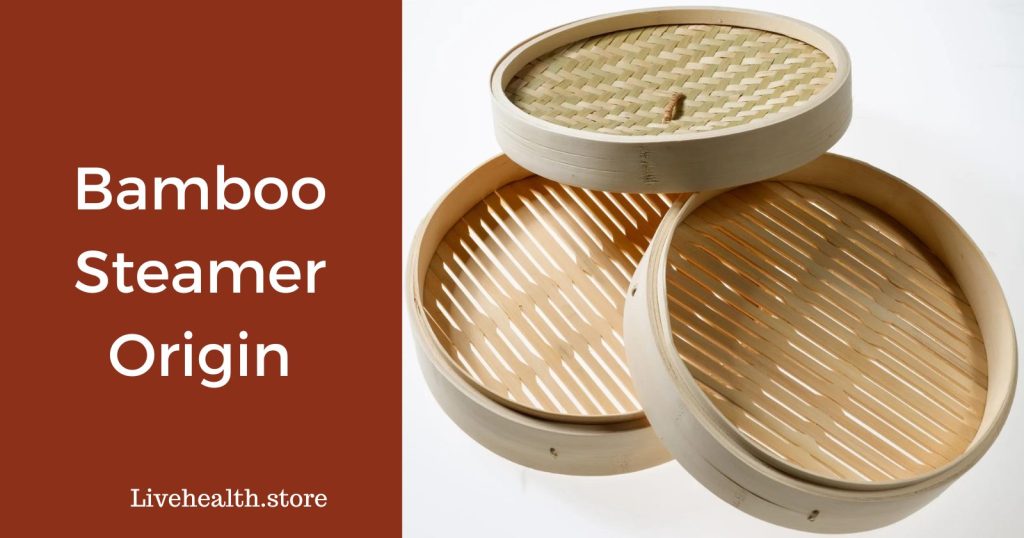Rice Cooker or Bamboo Steamer: Who Wins in the Kitchen?
Rice cookers and bamboo steamers are two versatile kitchen appliances that can be used to cook a variety of dishes, from rice to vegetables, meat, and even dumplings.
While they both serve similar purposes, there are significant differences in their design, functionality, and applications.
This comparison explores the key distinctions between rice cookers and bamboo steamers and provides insights into which one is better suited for your culinary needs.
Rice Cooker: Overview and Features
A rice cooker is an electric appliance specifically designed to cook rice. It consists of a removable cooking pot, an external body with a heating element, and a lid. Some models come with additional features like a steam tray, timer, or pressure cooking settings.
Benefits of a Rice Cooker:
- Consistent Results: Rice cookers are designed to produce perfectly cooked rice every time. The appliance automatically adjusts the temperature and cooking time to prevent the rice from getting overcooked or undercooked.
- Multiple Uses: Modern rice cookers are versatile and can be used to cook other grains like quinoa, barley, and oats. Some models come with a steam tray for steaming vegetables or meat.
- Keep Warm Function: Most rice cookers come with a "Keep Warm" function that maintains the rice's temperature, keeping it warm and ready to serve for hours.
- Ease of Use: Rice cookers are easy to operate. Simply add the required amount of water and rice, press the start button, and let the cooker handle the rest.
Drawbacks of the Rice Cooker:
- Bulkiness: Rice cookers tend to be bulkier than bamboo steamers, which can be inconvenient if you have limited counter space.
- Power Dependency: Rice cookers rely on electricity, making them less portable than bamboo steamers.
Bamboo Steamer: Overview and Features
A bamboo steamer is a traditional Chinese kitchen tool used to steam food. It consists of several stackable baskets made of bamboo with a lid on top. The steamer is placed over a pot of simmering water, and the steam rises through the baskets to cook the food.
Benefits of a Bamboo Steamer:
- Nutrient Retention: Bamboo steamers allow food to retain more nutrients and flavors compared to other cooking methods like boiling or frying.
- Healthier Cooking: Since bamboo steamers do not require oil or butter, they provide a healthier alternative for cooking.
- Versatility: Bamboo steamers can be used to steam various foods, including vegetables, fish, meat, and dumplings.
- Space-saving: Bamboo steamers are compact and can be disassembled for easy storage.
Drawbacks of the Bamboo Steamer:
- No Automatic Temperature Control: Bamboo steamers require manual temperature control, which can be challenging for those unfamiliar with steaming.
- More Time-Consuming: Bamboo steamers typically take longer to cook food compared to rice cookers.
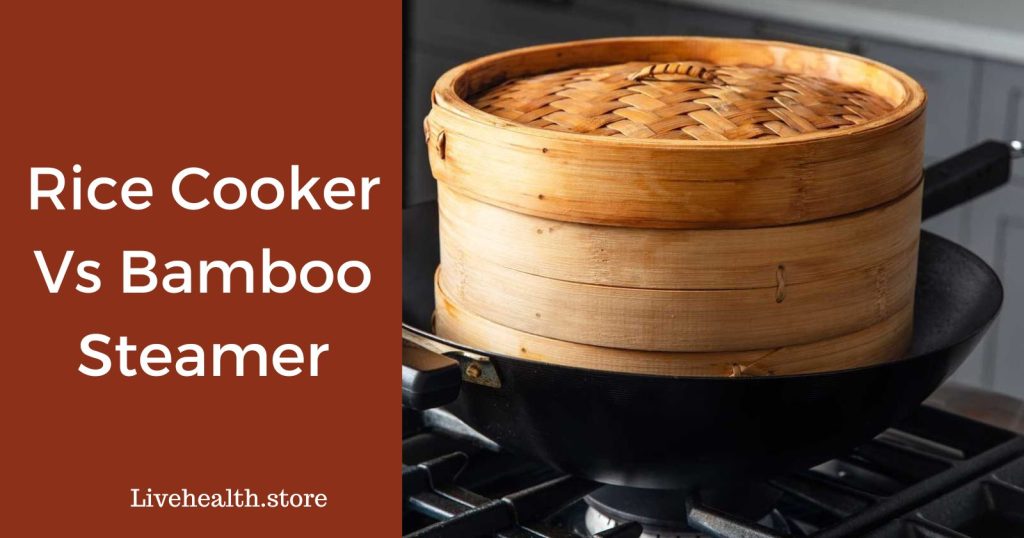
When to Use a Rice Cooker vs. a Bamboo Steamer?
- Rice Cooking: A rice cooker is an obvious choice for cooking rice, as it provides consistent results with minimal effort.
- Steaming Vegetables: A bamboo steamer is preferred for steaming vegetables, as it retains their nutrients and crispiness.
- Cooking Multiple Dishes Simultaneously: Bamboo steamers, with their stackable baskets, are ideal for cooking multiple dishes at once without mixing flavors.
- Cooking for Large Groups: A rice cooker with a large capacity is better suited for cooking for large groups.
- Portability: A bamboo steamer is a more portable option, as it doesn't require electricity.
Rice cookers are ideal for consistently cooking perfect rice and other grains with minimal effort, while bamboo steamers are better suited for retaining the nutrients and flavors of steamed food.
Hi there, I’m Sam Billings, and I’m all about sustainability. Running a printing business is my thing, but my real passion is preserving nature. That’s why I run the Live Health blog, where I focus on Bamboo plants and their eco-friendly goodness.

